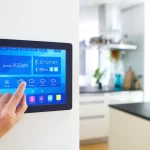Smart Home 101
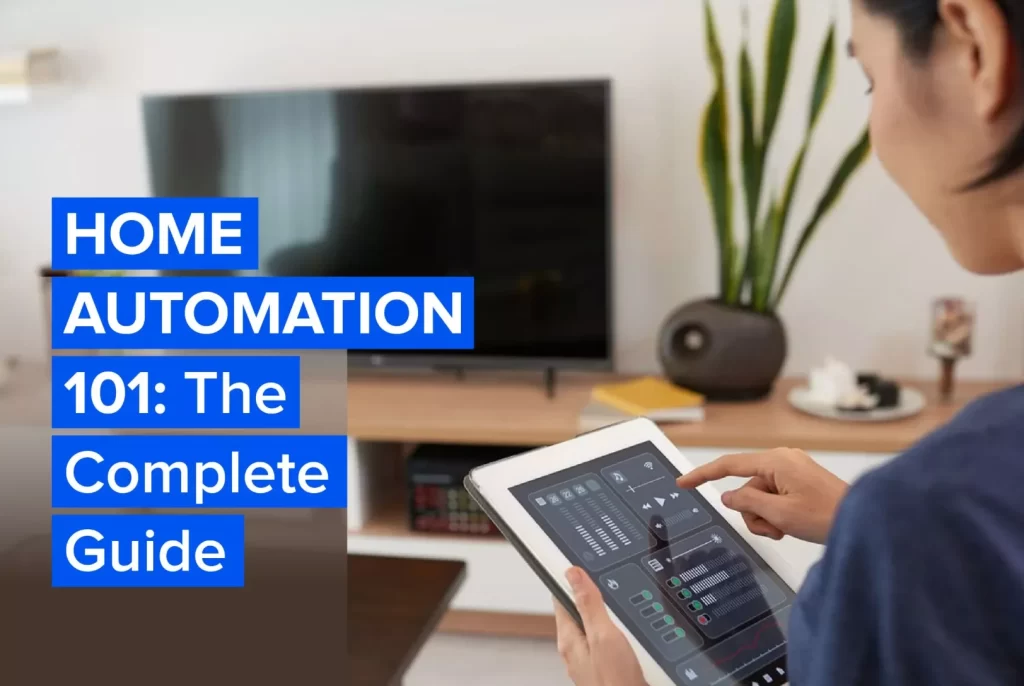
Smart homes have revolutionized the way we live, offering a seamless and connected living experience. From controlling devices with a simple voice command to optimizing energy usage, smart homes have become a symbol of modern living. In this article, we will delve into the world of smart homes, exploring their benefits, components, and how you can transform your house into a futuristic abode.
Introduction to Smart Homes
Defining Smart Homes
A smart home refers to a residence equipped with devices and appliances that can be controlled remotely and interact with each other through the Internet. These smart devices are designed to make life more convenient and efficient.
The Evolution of Home Automation
The concept of home automation dates back to the 20th century when simple remote-controlled appliances were introduced. Over the years, advancements in technology have led to the development of sophisticated smart devices capable of complex tasks.
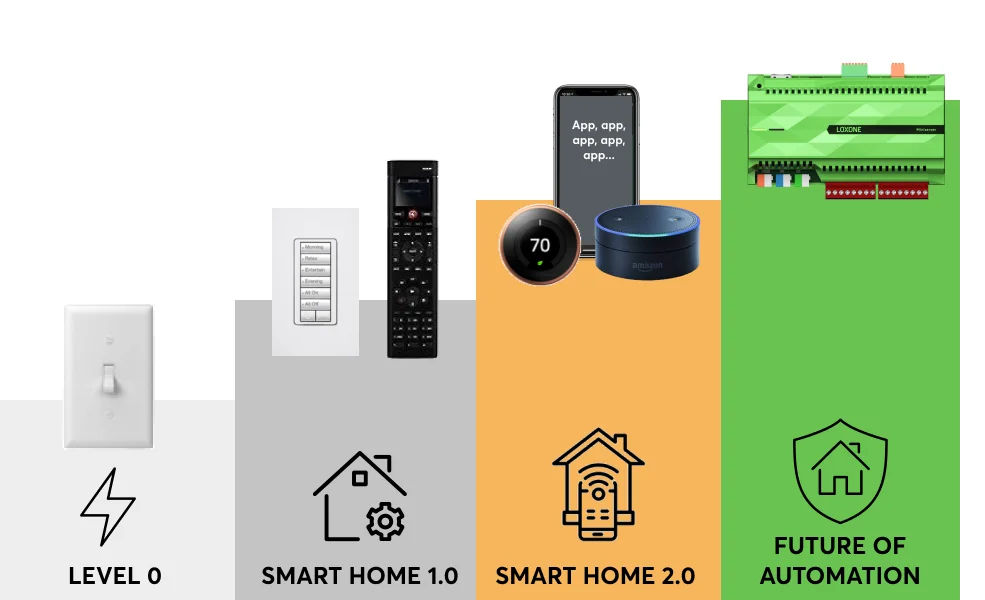
Advantages of Smart Homes
Convenience and Comfort
One of the primary advantages of smart homes is the convenience they offer. Imagine controlling the thermostat, lights, and home security from your smartphone or using voice commands.
Energy Efficiency
Smart homes promote energy conservation by optimizing heating, cooling, and lighting based on occupancy and usage patterns. This leads to reduced energy consumption and lower utility bills.
Enhanced Security
Smart home security systems provide real-time monitoring and instant alerts for potential threats, ensuring the safety of your home and loved ones.
Improved Accessibility
Smart home technology enables greater accessibility for the elderly and people with disabilities, allowing them to control various aspects of their homes effortlessly.
Components of a Smart Home
Smart Home Hubs
Smart home hubs serve as the central control point, connecting all your smart devices and allowing them to communicate with each other seamlessly.
Smart Lighting Systems
Smart lighting systems offer customizable lighting options, enabling users to set the ambiance and control lights remotely.
Smart Thermostats
Smart thermostats adjust the temperature based on your preferences and schedule, optimizing energy usage and providing a comfortable environment.
Smart Appliances
From refrigerators to washing machines, smart appliances offer advanced features such as remote control, energy monitoring, and automatic ordering of supplies.
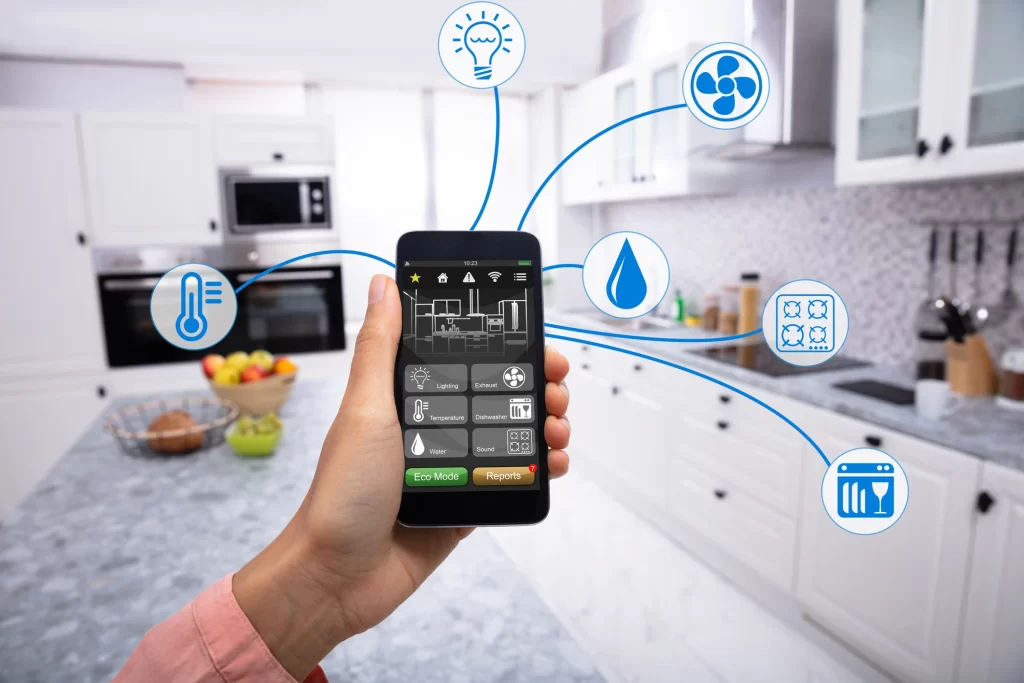
Connecting Your Smart Home: The Internet of Things (IoT)
Understanding IoT in Smart Homes
The Internet of Things (IoT) is the network that allows smart devices to connect and exchange data, making automation and remote control possible.
Benefits and Challenges of IoT Integration
IoT integration enhances the functionality of smart homes, but it also brings challenges such as security and data privacy concerns.
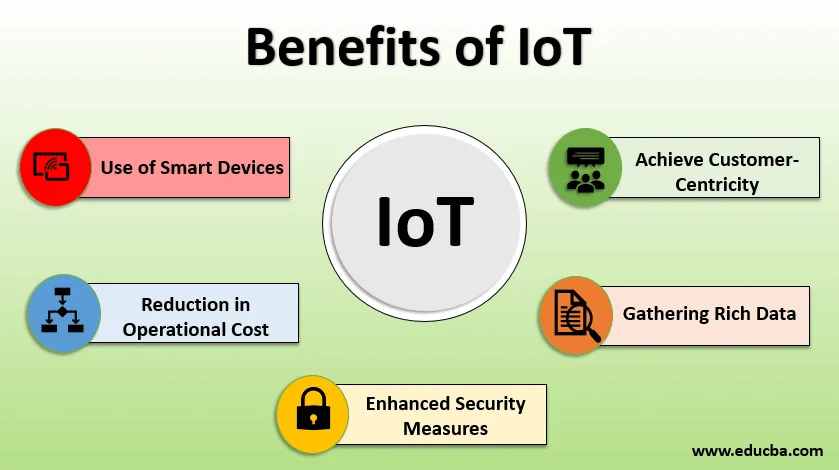
Getting Started with Smart Home Technology
Assessing Your Home’s Compatibility
Before diving into smart home upgrades, assess your home’s infrastructure and ensure it can support the new technology.
Choosing the Right Smart Devices
Research and select smart devices that align with your needs and are compatible with your existing ecosystem.
Setting Up Your Smart Home Network
A robust and secure home network is essential for the smooth operation of your smart devices. Set up your network to ensure maximum performance.
Voice Assistants and Smart Home Control
Popular Voice Assistants
Voice assistants like Amazon Alexa and Google Assistant play a central role in controlling smart devices through voice commands.
Voice Commands for Smart Home Control
Learn the various voice commands and shortcuts to control your smart home devices effectively.
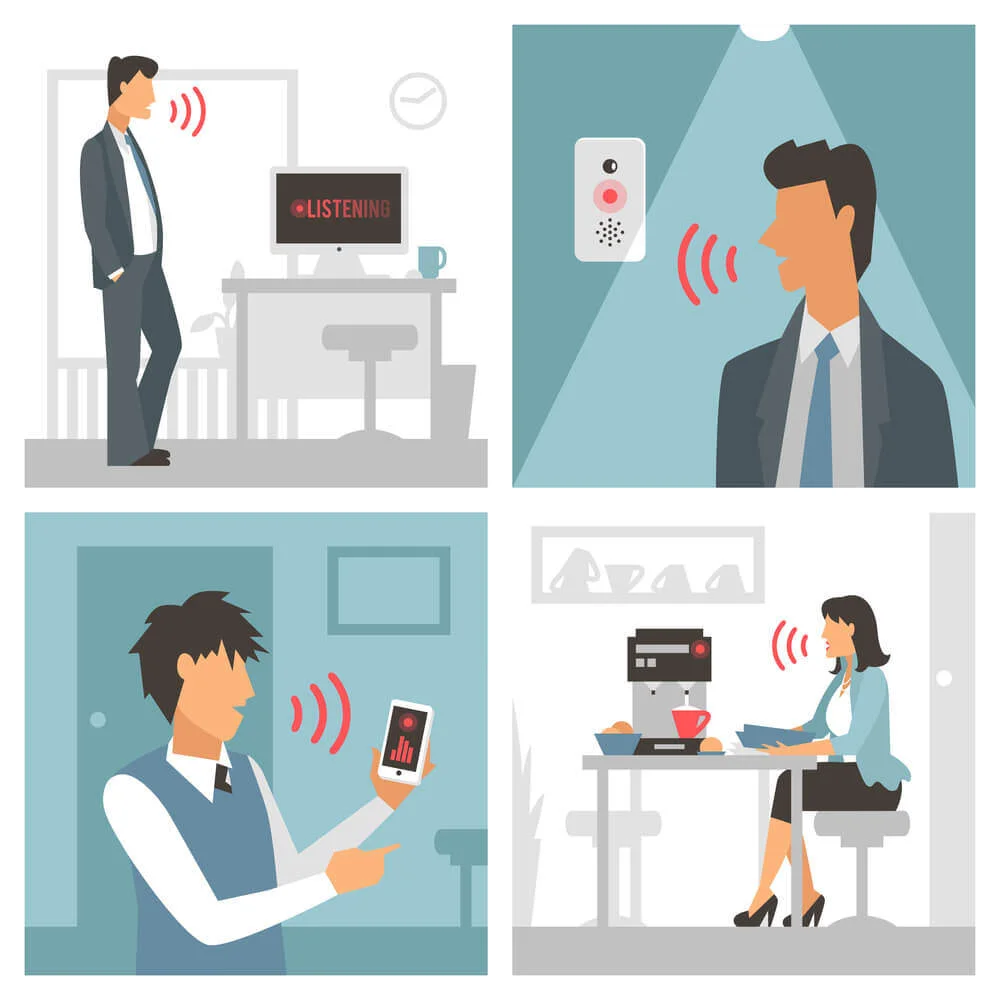
Smart Home Security and Privacy Concerns
Securing Your Smart Home Network
Protect your smart home network from potential cyber threats by implementing security measures like strong passwords and firmware updates.
Protecting Your Data and Privacy
Understand the data your smart devices collect and take steps to safeguard your personal information.
Smart Home Automation: Enhancing Your Lifestyle
Customized Automation Routines
Create personalized automation routines that perform multiple tasks simultaneously, tailored to your daily routines.
Time and Energy-Saving Automation
Automate repetitive tasks to save time and energy, allowing you to focus on the things that matter most.
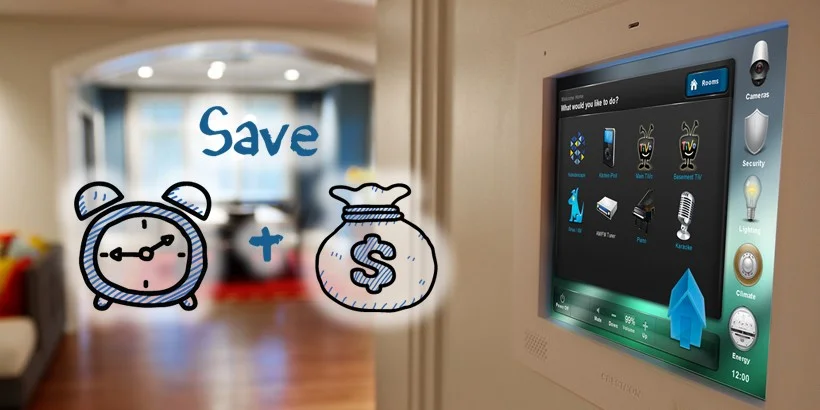
Future Trends in Smart Home Technology
Integration with AI and Machine Learning
The integration of artificial intelligence and machine learning will make smart homes even smarter, predicting and adapting to your preferences.
Smart Homes and Sustainable Living
Smart homes are expected to contribute to sustainable living by optimizing energy consumption and reducing waste.
Conclusion
In conclusion, smart homes have undoubtedly transformed the way we live, offering unmatched convenience, energy efficiency, and security. Embracing smart home technology opens up a world of possibilities, simplifying daily tasks and enhancing our overall lifestyle.
FAQs (Frequently Asked Questions)
- Are smart homes only for tech-savvy individuals?
- Not at all! Smart home devices are designed to be user-friendly and accessible to people of all technical backgrounds.
- Can I control my smart home when I’m away from home?
- Yes, most smart devices can be controlled remotely through dedicated smartphone apps.
- Is it possible to integrate different brands of smart devices?
- Yes, many smart home hubs support devices from various brands, promoting seamless integration.
- How secure are smart home devices from hacking?
- Smart home device manufacturers implement security protocols to safeguard against hacking, but it’s essential to follow best security practices.
- What’s the future of smart home technology?
- The future promises even more sophisticated smart home devices with advanced AI capabilities and seamless integration.



